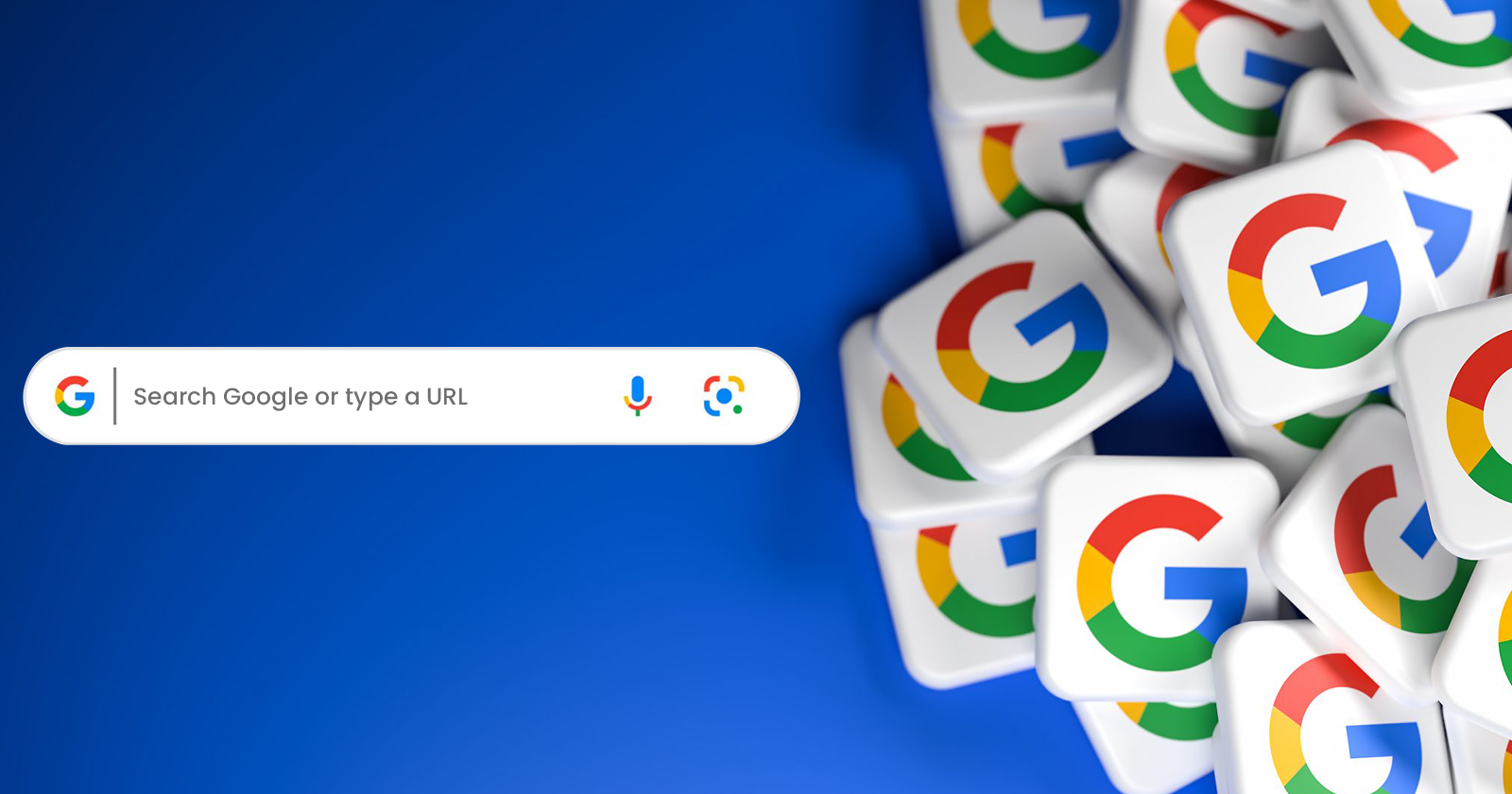As a higher educational institution, it’s important to make sure your website is optimized for search engines. By following a few simple steps, you can help improve your site’s ranking and visibility online. Here are some tips for seo for higher education institutions.
Search Engine Optimization (SEO) has become increasingly important for educational institutions as the marketing landscape for schools, colleges and universities has become more competitive. Students and parents now have a plethora of colleges to choose from, and many factors play a role in the decision-making process.
This means that educational institutions must ensure that any touch-points, including their website, are seamless when communicating with prospective students. And, believe it or not, education SEO services have a significant impact on the performance of your website.
As the cost of SEO services usually give far better return on investment than any other marketing method, more institutions are now opting for online marketing than ever. In this post we will talk about a few key areas that educational institutions should take care of while doing their website SEO. But first let’s talk about why they should pay attention to SEO in the first place.
Why Should Higher Education Institutions Pay Attention to SEO?
SEO for higher education institutions is critical to ensuring that the right students find your college and that the information they need is available on the website. Although SEO is frequently overlooked, it is a critical component of online success.
SEO efforts can actually improve the results of advertising on platforms such as Google Ads or Facebook by increasing visitor engagement and ensuring that the school ranks higher than competitors for a specific Google search. The following steps can be taken to ensure optimal success with SEO for educational institutions:
Perform a Technical Website Audit
When evaluating a website for SEO, keep in mind that the first and quickest way to improve is to identify and resolve technical issues. Some examples of common SEO-related issues on a website are:
Page errors: 301 or 302 redirects are classified as errors in Google Search Console, whereas 404 errors (page not found) result in a poor user experience and have a negative impact on website rankings.
Redirect links: Link A leads to Link B, which leads to Link C.
Loss of visitor attribution: Internal links open in new tabs/windows, which means the visitor is no longer associated with the way they arrived on the site in Analytics.
Missing cross-domain tracking: Failure to track a visitor across multiple domains on your website, such as when using third-party web forms. The most common reason organizations are unable to connect a conversion to the campaign that brought the visitor to the site is visitor attribution and cross-domain issues.
These are only a few of the technical issues we generally encounter on websites. While they may not appear to be detrimental to SEO, they can have an adverse effect on your overall site and/or page ranking, website speed, and links carried from a referring website.
Of course, issues with visitor attribution make calculating the ROI of your advertising and outreach campaigns impossible. Having said that, tools like Moz, Screaming Frog, or Google Search Console can assist you in identifying issues on your website and determining where to fix them.
Also, Read: Technical SEO Issues: Common Reasons Why Your Website is Not Ranking on SERPs
Analyze Your Online Visibility And Competitor Data

When it comes to how people find the site and what is determined to be the topic of that site, every website on the internet has some level of online visibility. Using tools like Moz, SpyFu, or SEMrush, you can determine your online visibility or visibility for specific keywords.
Examining your website’s SEO value for specific keywords can help you identify keywords and themes that the website ranks extremely well for, as well as areas where the rankings could be improved. For example, a recent Google search for “masters of business administration Massachusetts” revealed that UMass Boston’s College of Management MBA programme is the top organic result.
This indicates that the programme has focused on SEO and that a variety of factors contributed to their ranking, including their optimization on the page for those keywords. Reviewing how well the school ranks for specific keywords and what competing schools and colleges are doing well will influence SEO strategy and help determine what areas to focus on. This nicely leads into the following section on keyword research.
Conduct Keyword Research And On-Page Evaluations
SEO for higher education institutions will necessitate the use of specific keywords in the correct combinations to improve university profiling. Many students, for example, look for long-term keywords such as “best MBA course in town” or “future of Zoology Majors.”
To curate and incorporate the best keywords for SEO for educational institutions, one must first learn about the specific degrees offered by the college, as well as the scope and credibility of the course. At the same time, extensive SEO research for educational institutions is required, with an emphasis on the analysis of student searches for that specific course.
Once the keyword(s) have been selected and confirmed, a team of qualified content writers will work on the keywords to create content that will rank high in Google’s search. They will work on developing a unique topic that incorporates these keywords at an optimal density. The keywords could be used to link to the university’s profile or have a CTA at the end to encourage students to learn more.
To rank for these specific searches, educational institution SEO must highlight their programme and everything it has to offer students. Simultaneously, they must make the article more engaging and less like a marketing gimmick. Similarly, reviewing the SEO information on each page (also known as on-page optimizations) can assist you in better understanding and improving the page.
Mobile Friendly Website for Schools & College`
With the widespread use of smartphones, the readability of the website on the smartphone also plays an important role in increasing site traffic. In fact, Google intends to rank each of its search pages based on the readability of the content and the site’s ability to function well on mobile browsers.
As a result, whether the target audience searches online using a phone browser or not, all indexes are made mobile-friendly as a practice in SEO for Education Domain. This can be a problem for educational websites with backlinks to various degrees and programmes that are all managed under a single domain. Their CMS (Content Management Systems) are also grouped together under a single domain. As a result, curated SEO for educational institutions is difficult to find and rank. To overcome this barrier, a good SEO service provider will ensure that educational websites are made lighter without sacrificing content or images.
Optimize Web Pages

You can start optimizing the pages now that you have an improved keyword list to optimize for and all of the relevant on-page SEO information. This will entail selecting a keyword to optimize for and then reviewing the page based on the items listed above. This is a time-consuming process, but it should be approached with caution because these efforts can, in some cases, drastically change your website’s ranking.
There are several reasons for this, but the most important are sound judgment and experience. A skilled agency like PageTraffic will take this process seriously and offer sound solutions to improve your rankings.
Optimize Website For Voice Search
As more people speak their search queries rather than typing them, a modern SEO strategy should include optimizing your institution’s website for voice search.
As voice search queries are frequently in a different format, SEO ensures that your website content explicitly addresses your prospects’ questions. While one could Google “Digital Marketing Certification,” they are more likely to ask, “Where can I study marketing in London?”
To optimize your website for voice search, you must repeat the keyword process, but this time look for queries in the form of questions.
Then, by including answers to these questions within your content, you can begin optimizing your site for voice search. Include succinct answers of keywords to specific questions in your longer blog posts and pages for the best results. This increases the likelihood of your website becoming a featured snippet.
Use Link-Building Techniques
Then there’s link building. Link-building strategies concentrate on creating links between new relevant websites to assist search engines in determining similar, trustworthy sources of information. Link building takes time to successfully land new links, but with a well-structured website and great content, links will grow over time.
Manual outreach is the most common method for obtaining these links. This process entails researching relevant bloggers, articles, and sources online that may fit the content on your website, then contacting each author with a link and a brief email explaining why they should link to your website.
This is a time-consuming process that, with some effort, can yield excellent results. Of course, if your site begins to rank higher for specific keywords, you will almost certainly be linked to automatically by other sources.
With these six steps in mind, SEO for your educational institution should yield significant results. Your website will be well on its way to SEO excellence if you focus on the technical aspects of your website, conduct sound keyword research, perform site audits of your keywords and on-page SEO, optimize your pages, and implement link-building strategies.
Local SEO for Educational Institutions & Colleges
As the importance of location-specific search grows, so does the importance of local SEO for schools. When prospects are looking for colleges in a specific area, you want to make sure they find yours. Unfortunately, you have no control over some local ranking factors.
When a non-location specific query is made, search engines frequently prioritize results from institutions that are closer to the person searching. However, this does not preclude the existence of useful local SEO strategies. The first method, like many SEO strategies, entails optimizing your keyword usage.
Make sure to include location-specific keywords in your content, adhering to the keyword integration best practices we discussed earlier. Another way to boost local SEO is to keep your NAP (name, address, and phone number) consistent. Obviously, most colleges will have this information on their website, but it may not be written in the format preferred by Google.
Search engines prefer that colleges have a website that includes all of their contact information. This does not preclude you from including these details on other pages; rather, you should have at least one page that includes all of your school’s information.
In other words, if your college address is on the ‘About Us’ page but your phone number is only on the ‘Contact Us’ page, you are missing the SEO mark. You can also improve your NAP page by including your college’s full name and address. That means no abbreviations or abbreviated street names like ‘ave’ or ‘blvd.’
Also, Read: Local SEO vs National SEO: Which one to Choose?
Why Some Educational Institutions Do Not Use SEO?
There are a number of reasons why colleges and universities do not use SEO for promoting their institution. Here are a few of them:
Do Not Believe in Marketing
Most colleges and universities believe that their role and goal is to assist students in entering the world of education and enlightening their souls. As a result, they prefer not to implement any marketing strategies that will enable them to profit. They prefer leaving it to those who believe that opening educational institutions equals profit. It is one of the reasons why many colleges and universities do not invest in SEO.
Blindly Mirroring Competitor Strategy
The majority of universities prefer to adapt their competitors’ marketing strategies. And if they discover that their competitors are not investing in SEO, they are hesitant to do so as well. One of the best ways to get them to understand the importance of SEO for educational institutions is to show them examples of institutions that are already using it and reaping the benefits.
Outdated Thinking
Despite the fact that digitization has touched almost every field, there are still some educational institutions that prefer to think in the old way. While some prefer traditional marketing methods such as placing advertisements in newspapers and distributing brochures, others believe that advertising is unnecessary.
Students looking for the best educational facilities will eventually find them and enroll in a college or university. They are, however, oblivious to the fact that students nowadays prefer to select those who represent them in a more refined manner. And the best way to make colleges and universities aware of this is to show the real picture and how they are falling behind because they are not embracing the power of the internet and SEO.
Overburdened IT department
The IT department of educational institutions is in charge of managing the site and developing digital marketing plans. Nowadays, these departments are so overburdened with other responsibilities that they do not have time to invest in SEO campaigns or think about the website. As a result, educational institutions are failing to establish a positive online presence.
Conclusion
For visibility and enrollment, the SEO strategy for schools and educational institutions is significant. While search engine criteria are constantly changing, there are some basic strategies that can help you improve your SEO.
Specific keywords, unique content, engaging your prospects, a linking strategy, meta descriptions, a helpful blog, local SEO, and your mobile-friendly website will help you compete in education marketing. You can also seek assistance from reputable SEO firms like PageTraffic to help determine a winning SEO strategy that makes your website appear on top of SERPs.
Frequently Asked Questions
What are the benefits of SEO for Higher Education ?
SEO can help increase brand engagement and student enrollment in a school or any other educational institution. With a winning SEO strategy, your institution’s website is placed in top search results, making it easier to locate for parents and students searching for courses, institutions, etc.
How can I find great education related keywords?
Your very own students and courses are the best keywords for your website SEO! Students and parents are often looking for courses online and they might also be searching for the names of institutions in which toppers studied. However, proper market research should always be your first port of call for SEO because it will help you understand what they are looking for in their own words. Using that information, you can then begin searching for specific keywords in a tool like Ahrefs or Ubersuggest.
What are the best SEO techniques to increase enquiries for an education site?
Targeting the right keywords for your pages and content, as well as having the right SEO content marketing strategy, will have a significant impact. Once someone lands on your page, brilliant copy, compelling content, and clear calls-to-action combined with a smooth user experience are a sure-fire way to fill your inbox with new leads.


























